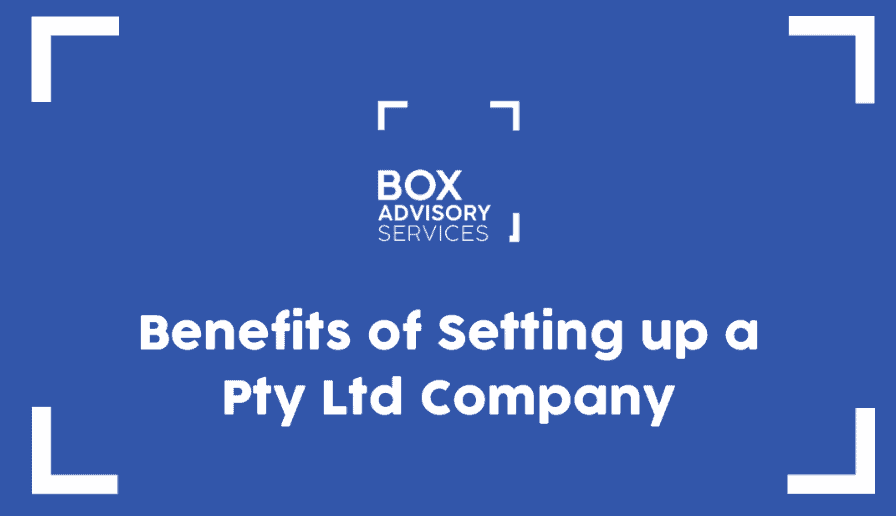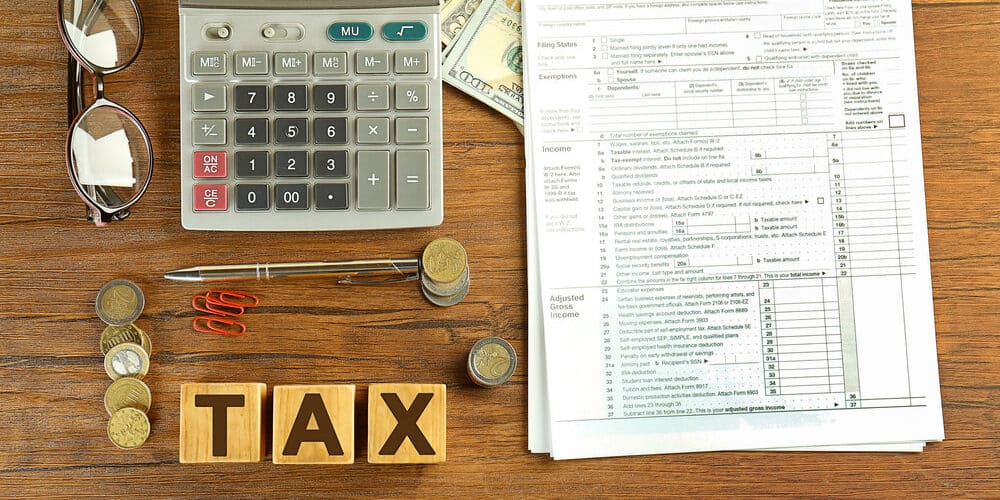
BY
|
How Can Sydney Small Businesses Optimise Taxes and Cash Flow?
Sydney small businesses can optimise taxes and improve cash flow by partnering with local accounting firms that understand regional tax laws, implementing strategic deductions, timing expenses effectively, and maintaining proactive compliance practices. This approach typically results in 15-30% tax savings while freeing up capital for reinvestment.
Navigating taxes can be daunting for small businesses in Sydney, yet optimisation is important for financial health. Local accounting firms – like BoxAS – offer tailored solutions that leverage Sydney’s unique tax landscape, helping businesses reduce liabilities while improving cash flow to remain sustainable and competitive.
Why Does Tax Optimisation Matter for Sydney Small Businesses?
Tax optimisation and planning directly impact your bottom line by minimising expenses, maximising profits, and freeing up capital for growth.
Sydney’s diverse business environment demands personalised tax solutions. Understanding local tax regulations ensures businesses fully benefit from available opportunities, often leading to substantial cost savings.
Tax optimisation provides these key benefits:
- Reduces taxable income through eligible deductions
- Ensures compliance with ever-changing tax laws
- Frees up cash to reinvest in growth
- Maintains healthy cash flow for sustainable operations
- Builds a solid foundation for long-term success in Sydney’s competitive market
What Role Do Local Accounting Firms Play in Tax Planning?
Local accounting firms provide specialised expertise in Sydney’s tax landscape, offering tailored strategies that generic services cannot match.
These firms understand the specific tax laws affecting small businesses in the region, providing a competitive edge through customised planning. Their services include:
- Identifying suitable tax deductions specific to your industry
- Conducting thorough financial reviews
- Advising on compliance with local tax laws
- Keeping businesses updated with regulatory changes
- Offering insights into cash flow management based on Sydney market conditions
Working with a firm that understands local nuances can significantly enhance tax savings, ensure compliance, and help businesses thrive by seizing financial opportunities.
Which Deductions and Tax Relief Options Are Available?
Sydney small businesses can access numerous deductions and relief programs that significantly reduce taxable income when utilised properly.
Common eligible deductions include:
- Office supplies and equipment
- Business travel expenses
- Employee salaries and superannuation
- Business insurance premiums
- Professional development and training costs
Beyond deductions, business tax relief options provide additional savings through various credits and incentives designed for small businesses, such as research and development credits or industry-specific grants.
Leveraging both deductions and tax relief strategies requires proactive planning and knowledge of the latest legislation. Partnering with a local accounting firm helps small businesses stay informed and prepared for emerging opportunities.
Read more about the tax deductions you can claim here.
What Are the Most Effective Tax Strategies?
Effective tax strategies combine timing, credits, diversification, and long-term planning to minimise liabilities and retain more profits.
Strategic Expense Timing
Paying expenses before the financial year-end maximises deductions and reduces taxable income. This practice requires careful cash flow planning but delivers immediate tax benefits.
Leveraging Tax Credits
Small businesses often overlook research and development credits. Identifying and utilising these credits can lead to substantial savings beyond standard deductions.
Income Diversification
Income from various streams may be subject to different tax treatments. This diversity can minimise overall tax liabilities while spreading business risk.
Long-Term Planning
Creating a comprehensive tax strategy ensures businesses are always prepared for tax obligations, reducing last-minute scrambles and potential errors. Collaborating with a local accounting firm solidifies these strategies while maintaining compliance.
How Does Tax Optimisation Improve Cash Flow?
Optimising taxes directly strengthens cash flow by reducing unexpected liabilities, enabling better resource allocation, and providing predictable financial planning.
A streamlined tax plan reduces the burden of unexpected tax liabilities. By predicting these costs, businesses can better allocate resources, preventing cash shortages and ensuring smooth operations.
Tax optimisation also identifies periods of high cash outflow, enabling businesses to align their cash inflows accordingly. This alignment maintains positive cash flow throughout the year and provides these advantages:
- Enhanced cash reserves for opportunities and emergencies
- Predictable tax costs that simplify budgeting
- Better alignment of inflows and outflows
- Greater control and flexibility over financial decisions
How Do You Choose the Right Accounting Firm?
Answer: Select a firm with proven small business experience, local expertise, and comprehensive services that align with your growth objectives.
Evaluate Experience and Expertise
Look for firms familiar with Sydney and New South Wales regulations. Local expertise ensures compliance and optimised tax strategies tailored to regional conditions.
Assess Service Range
Beyond tax planning, determine if they assist with cash flow management, financial forecasting, and business advisory services. A full-service approach ensures comprehensive financial support.
Establish Clear Communication
Transparent interactions foster trust and ensure your business needs are met effectively. During initial consultations, assess their responsiveness and willingness to explain complex concepts in understandable terms.
How Can You Stay Compliant and Proactive?
Answer: Maintain compliance through regular financial reviews, staying informed about tax law changes, and leveraging technology for efficient record-keeping.
Conduct Regular Reviews
Schedule quarterly financial reviews to identify potential tax-saving opportunities before year-end. This practice prevents surprises during tax season and allows strategic adjustments.
Stay Informed
Tax laws change frequently. Subscribe to updates from the Australian Taxation Office and work with your accounting firm to understand how changes affect your business.
Use Technology
Utilise software tools to track expenses and manage records automatically. Regular updates simplify compliance with new tax rules while reducing manual errors.
Adopting a proactive approach to tax planning ensures ongoing success, enabling your business to benefit from optimised tax planning and improved cash flow.
What Results Have Sydney Businesses Achieved?
Sydney-based businesses partnering with local accounting firms have achieved 15-40% reductions in tax liabilities while improving cash flow by 20-35%.
Local firms across industries demonstrate the benefits of expert tax optimisation. Retail businesses have redirected tax savings into inventory expansion, while service providers have invested in staff development and technology upgrades. These collaborations show the importance of tailored tax approaches that align with specific business goals.
Take Control of Your Taxes and Cash Flow
By partnering with a local accounting firm in Sydney, small businesses can optimise tax payments and improve cash flow. Proactive tax planning not only saves money but also paves the way for growth and long-term success in Sydney’s competitive market.
Ready to optimise your tax strategy? Book your appointment now.
About the Author: Davie Mach is the founder and principal accountant at Box Advisory Services, a Sydney-based firm specialising in tax optimisation and financial strategy for small businesses. With over 15 years of experience in Australian taxation and accounting, Davie holds a CPA certification and has helped hundreds of Sydney businesses reduce tax liabilities while improving cash flow management.



